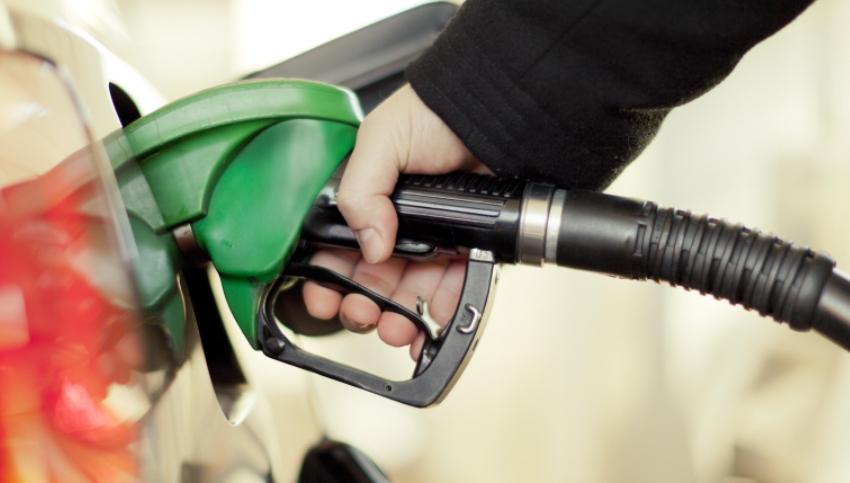
Germany’s plan to fill a tank with e-fuels could cost up to €210
March 28, 2023The European Federation for Transport and the Environment has estimated that the cost of running a car on synthetic gasoline could amount to at least €2,300 per year for an average driver.
The conflict between Germany and the European Commission (EC) over phasing out CO2-emitting vehicles (diesel and gasoline) by 2035 is ongoing. The opposition from Germany has temporarily stalled the new European Union law (EU) that aims to prohibit the sale of new cars with fossil fuel engines starting this year, which puts part of the bloc’s plan to achieve net-zero emissions by 2050 on hold.
Discussions are ongoing in an effort to reach a resolution. As per reports from Spiegel, Volker Wissing, the German Transport Minister, has withdrawn his request to renegotiate vehicle volume limits in order to permit registration of internal combustion engine-powered vehicles beyond 2035. However, he is now pushing for a guarantee that vehicles exclusively powered by synthetic fuels, also known as e-fuels or e-gasoline, will be allowed for registration after 2035.
According to an analysis conducted by the European Federation Transport & Environment (T&E), the position taken by the German Transport Minister to allow registration of vehicles powered exclusively by synthetic fuels after 2035 could increase the cost for drivers. The use of synthetic fuels in new cars could result in an average driver paying €210 to fill their vehicle’s tank.
T&E reports that by 2030, synthetic gasoline could cost over €2.80 per liter at German fuel stations, which is 50% more expensive than regular gasoline at present, “due to the complex and energy-intensive production process.” This could result in an average driver spending at least €2,300 a year to fill their vehicle with synthetic gasoline.
Alex Keynes, the clean vehicle manager at T&E, warns that due to the higher cost of e-fuels, only the affluent class will be able to afford them, while the rest may be compelled to breach regulations and use fossil fuels. This could result in a loss for both motorists and the climate.
According to the T&E, the issue at hand is not just economic, but also has potential negative impacts on the health of Europeans. The increased usage of e-fuels could lead to an increase in CO2 emissions and oil consumption of the current car fleet, resulting in a setback for the EC’s goal of achieving net zero emissions by 2050.
In their analysis, they elaborate that permitting the sale of combustion engines beyond 2035 would impede the sales of up to 46 million electric cars with zero emissions by 2050 and would also deprive current vehicles of the synthetic fuel required for decarbonization.
According to their analysis, if e-petrol is used in new cars, it could result in existing vehicles burning an additional 135 billion liters of fossil gasoline and emitting an extra 320 MtCO2e by 2050, compared to if e-petrol were available for the current fleet.
These experts elucidate the potential environmental harm caused by this fuel variant. Despite their carbon neutrality, “they discharge harmful air pollutants, including highly toxic NO2 and cancer-causing particles, upon combustion in engines.” Moreover, by 2050, they could generate an extra 160,000 tonnes of NOx pollution in the EU, which is a greater amount of toxic emissions than Italy’s entire automobile fleet produces in a year.
Furthermore, according to T&E, if the German proposition succeeds, it would jeopardize the investments made by European automakers in electrification and up to €30 billion of investment in battery facilities in Germany alone. This move would also impact plants such as Inobat in Valladolid, Spain.